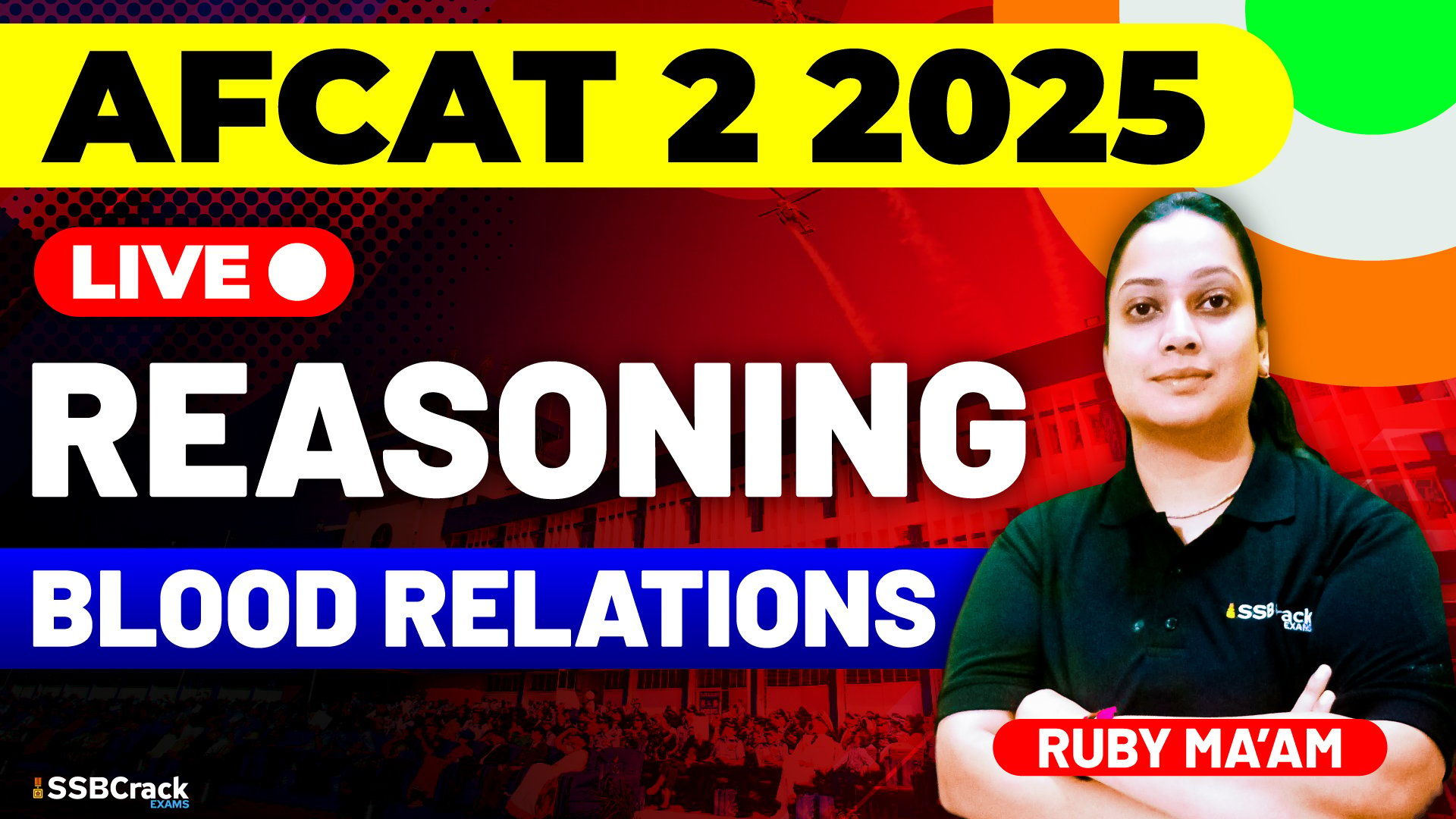When preparing for the Air Force Common Admission Test (AFCAT), candidates often focus heavily on technical subjects like Mathematics and General Awareness. However, one area that can significantly impact your performance in the Verbal and Non-Verbal Reasoning section is Blood Relations. Despite being a seemingly simple topic, it plays a critical role in boosting your overall score if approached correctly.
Understanding Blood Relations
Blood Relations questions test your ability to interpret and analyze relationships within a family. These questions might ask you to deduce how two individuals are related based on a set of statements or through coded descriptions (e.g., “A is the sister of B” or “P + Q means P is the father of Q”). The questions are logical, straightforward, and require a clear mind to process information quickly.
Why Blood Relations Are Important in AFCAT
- High Accuracy with Low Complexity
Blood relations questions are generally not complex, and with regular practice, they can become scoring opportunities. These are direct logical problems that don’t require formulas—just clear reasoning. - Time-Saving Questions
Compared to long comprehension passages or intricate mathematical problems, blood relations can be solved in a few seconds if you’re familiar with the types and techniques. This gives you more time for tougher sections. - Frequent Appearance in the Exam
In most AFCAT papers, at least 2–3 questions come from this topic. These small but valuable marks can make a difference in your selection, especially when competition is high and cutoffs are tight. - Foundation for Other Reasoning Topics
Blood Relations also strengthen your basic reasoning skills, which are essential for solving puzzles and seating arrangement problems—both common in AFCAT and other defence exams.
How to Master Blood Relations
- Understand Basic Relationships
Familiarize yourself with direct relations like maternal uncle, paternal aunt, cousin, etc. - Use Diagrams
Draw family trees or flowcharts to simplify complex statements. Visual representation often makes it easier to see connections. - Practice Coded Relations
Learn to decode symbols quickly (e.g., A * B means A is the sister of B). Each question might use different codes, so adapt accordingly. - Attempt Previous Year Papers
Solving actual AFCAT papers will give you an idea of the pattern and help you practice under time constraints.
Final Words
Ignoring Blood Relations in your AFCAT preparation could mean missing out on easy marks. It’s a topic that requires minimal preparation time but offers maximum returns if mastered well. So, give this section the attention it deserves—practice regularly, stay consistent, and ensure you’re comfortable with both traditional and coded questions.
In the journey to joining the Indian Air Force, every mark matters. Make Blood Relations your strong point and soar confidently towards success.







